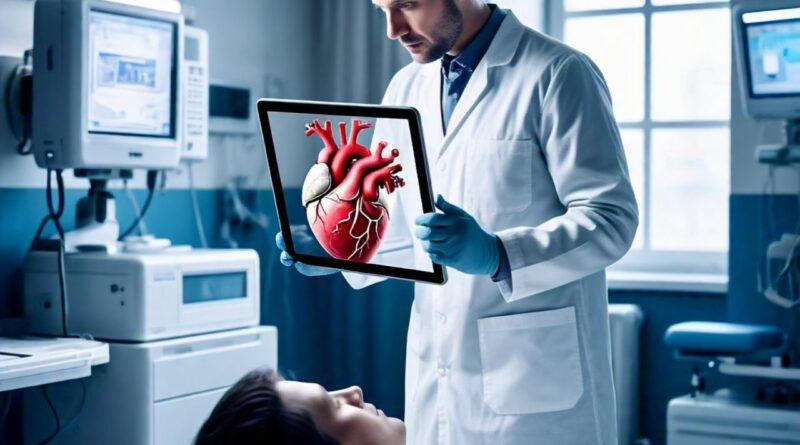Augmented Reality in Healthcare: Transforming Patient Care
Augmented reality technology is revolutionizing healthcare delivery, enhancing both patient care and medical training. This transformation spans across various medical specialties, improving accuracy in procedures and patient outcomes.
Surgical procedures have seen significant advancement through AR implementation. Surgeons use AR displays to visualize critical anatomical structures during operations. These systems overlay real-time imaging data onto the surgical field, helping surgeons navigate complex procedures with greater precision.
Medical education benefits substantially from AR applications. Students learn anatomy through interactive 3D models that overlay textbook illustrations with detailed visualizations. This hands-on approach improves understanding of complex anatomical relationships and medical procedures.
Vein visualization technology helps medical professionals locate veins accurately for blood draws and IV placement. This application particularly benefits patients with difficult-to-find veins, reducing discomfort and improving procedure efficiency.
Remote consultation capabilities have expanded through AR. Specialists can guide local healthcare providers through procedures by overlaying instructions onto the patient’s image in real-time. This technology proves especially valuable in rural areas lacking specialist access.
Patient education improves through AR visualization tools. Healthcare providers use AR to explain conditions and treatments, helping patients understand their medical situations better. These visual explanations lead to better treatment compliance and outcomes.
Rehabilitation programs incorporate AR for engaging therapy sessions. Patients perform exercises while interacting with AR elements, making therapy more entertaining and encouraging consistent participation. Progress tracking through AR provides motivation and accountability.
Mental health treatment benefits from AR-based exposure therapy. Patients confront phobias and anxiety triggers in controlled environments, allowing therapists to guide them through treatment more effectively.
Looking forward, AR in healthcare continues evolving with improved hardware and software capabilities, promising even more innovative applications in patient care and medical training.




